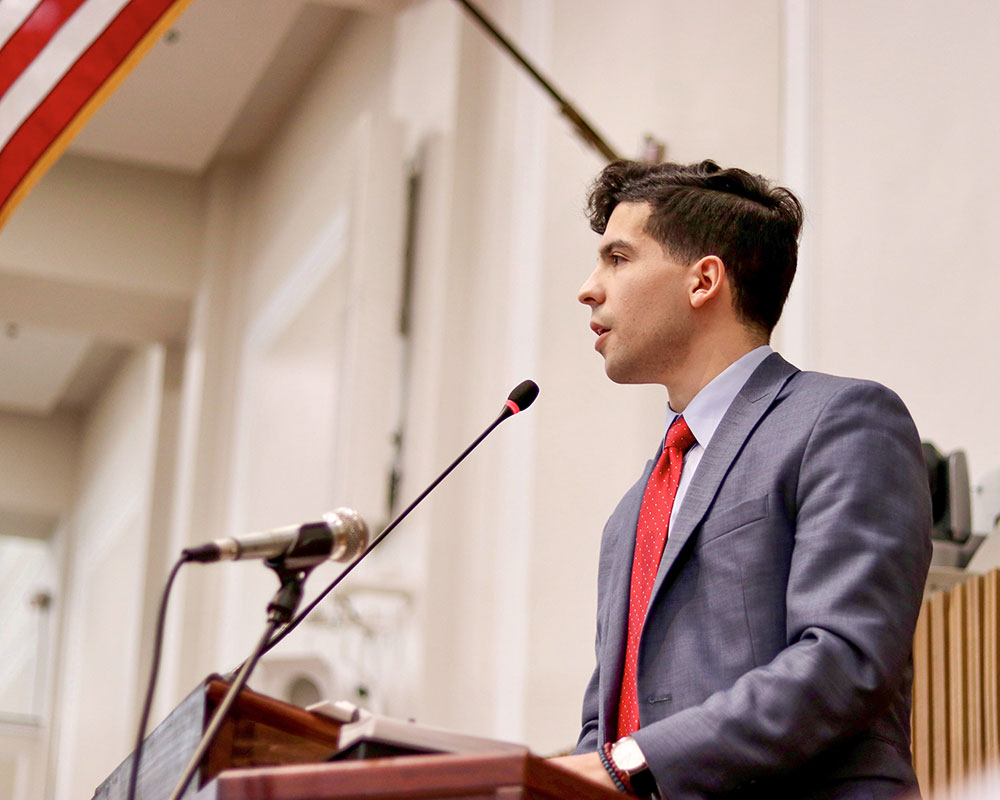Haverhill Rep. Andy X. Vargas says his recently filed legislation aimed at prohibiting Comcast from imposing its planned data cap and shutting off service during the pandemic is already having an impact with the cable giant postponing its plans until August.
Vargas last week co-filed the bill with Rep. Dave Rogers of Cambridge, following up on a letter they and 69 other legislators sent to Comcast in December. The letter, as WHAV reported came in response to Comcast’s planned 1.2 terabyte data cap and penalty.
“Their planned data caps and related price hikes will be paused until August now. This effort is going to save Massachusetts families money on a monthly basis, during a time where many are already struggling,” Vargas said in an email to supporters Tuesday.
Comcast spokesman Marc Goodman confirmed for WHAV the company’s delay. The company said it is giving customers more time to become familiar with the new 1.2 terabyte data plan. The earliest a customer may see charges is now August 2021.
Goodman also used the opportunity to say most customers won’t be impacted by planned data caps.
“1.2 terabytes is a massive amount of data that enables consumers to video conference for 3,500 hours, watch 1,200 hours of distance learning videos, stream 500 hours of high-definition video content a month, or play more than 34,000 hours of online games. Our data plan is structured in a way that the very small percentage of our customers who use more than 1.2 terabytes of monthly data and generate the greatest demand for network development and capacity pay more for their increased usage. For those superusers, we have unlimited data options available.”
Vargas’ bill bans internet service providers from shutting off service for customers facing financial hardships caused by the pandemic, prevents them from raising the cost of service and from creating any new fees or charges and stops any new data caps or allowances. It also establishes a moratorium on any existing data caps or allowances already established by providers and repeals a law limiting the state’s ability to regulate internet service providers.

